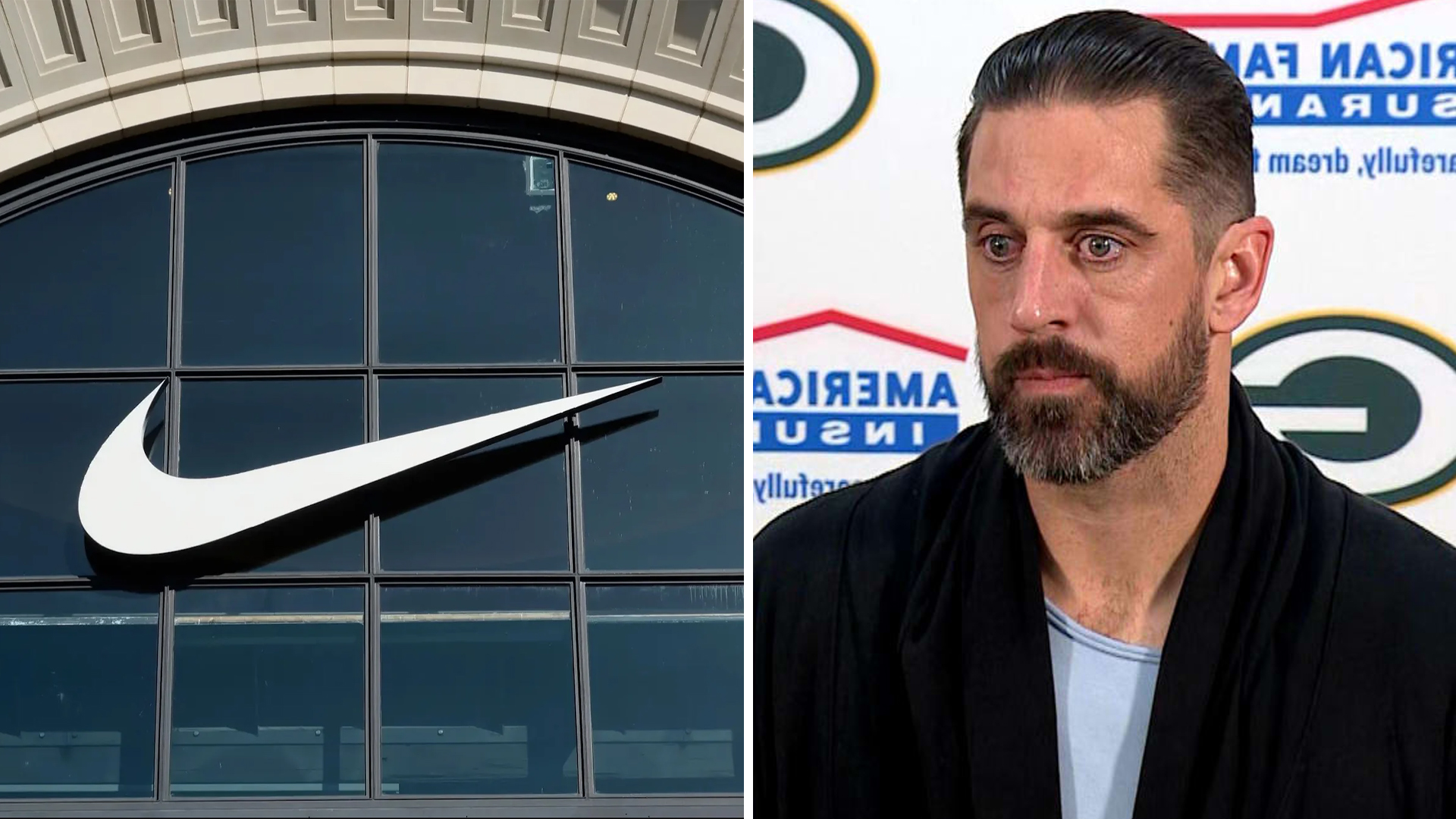In the world of professional sports, where endorsements and lucrative deals often intertwine with the athletes’ personal values, the recent headline-making decision by Green Bay Packers quarterback Aaron Rodgers to turn down a staggering $100 million offer from Nike sent shockwaves through the sports and business communities alike.
Rodgers’ rejection was not just about the dollars and cents; it was a bold statement against what he perceives as the increasingly “woke” culture associated with certain brands. In this article, we explore the nuances of Rodgers’ decision, dissecting the relationship between athletes and corporate endorsements in an era where social and political stances can redefine careers.
When news broke that Nike had extended a $100 million endorsement deal to Aaron Rodgers, the sports world collectively raised its eyebrows. The figure, astronomical by any standard, reflected Nike’s desire to align itself with one of the NFL’s most prominent figures. As fans and pundits speculated on the potential partnership, Rodgers surprised everyone by declining the offer, citing concerns about the brand’s perceived “wokeness.”
The term “woke” has become a buzzword in recent years, often associated with companies and individuals expressing heightened social consciousness. In Rodgers’ case, his rejection of Nike’s offer shed light on the complex relationship between athletes and corporations. As athletes increasingly leverage their platforms to advocate for social justice and political causes, some, like Rodgers, question whether aligning with “woke” brands compromises their authenticity.
Rodgers’ decision to refuse Nike’s substantial offer wasn’t driven by a disdain for social responsibility. Instead, it was a strategic move to distance himself from what he perceives as performative activism. In interviews following the rejection, Rodgers emphasized the importance of genuine social impact over symbolic gestures. His stance raises questions about the balance athletes must strike between leveraging their influence for positive change and avoiding associations with brands that may dilute their message.
Athletes, in the modern era, are more than just competitors on the field; they are brands themselves. Endorsements have become a crucial component of an athlete’s portfolio, often rivaling or even surpassing their playing contracts. However, as Rodgers’ case exemplifies, these partnerships are no longer solely about exposure and revenue; they also carry significant weight in the court of public opinion.

Leave a Reply